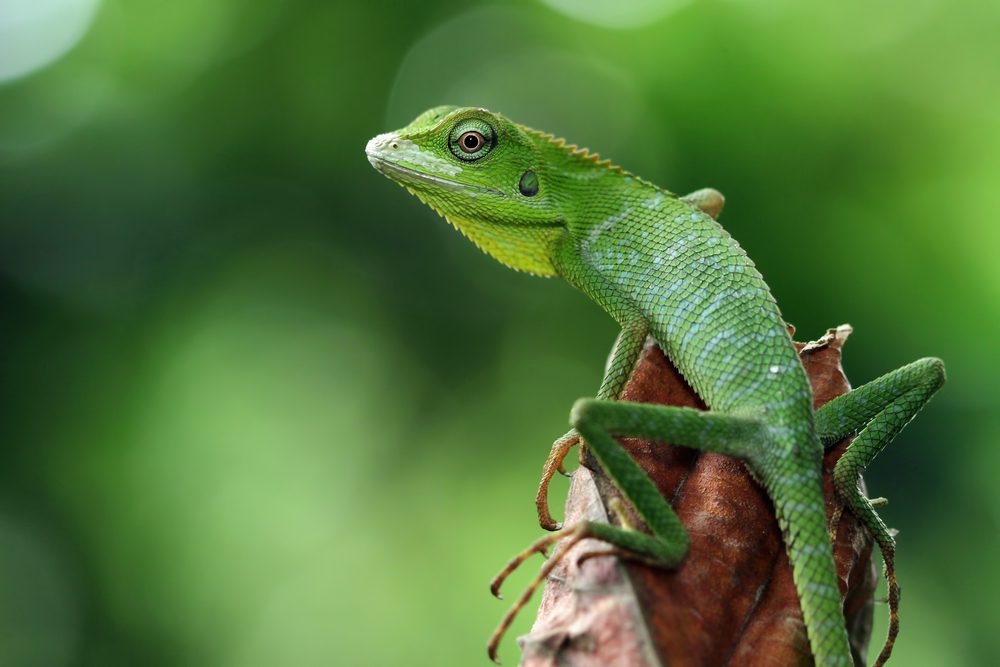
1. A lounge of lizards
Maybe Juliana Berners was walking around and she saw a bunch of lizards lounging in the sun when she came up with this one. These tiny animals tend to be very territorial and have a hunting strategy that uses the sit-and-wait method.
What’s interesting about this hilarious term “lounge lizard” is that in the early 1900s, it was used as slang for men who were fancy dressed and hung out in bars, hotel lounges, and cafés, with the intention of seducing rich women.
2. A conspiracy of lemurs
Lemurs are tiny primates that have long tails and live in the beautiful trees on the island of Madagascar. They’re very close to one another, as they live in communities of up to 25 individuals. They like to work together – or conspire – to operate warning signals in order to inform other members of impending danger in their areas.
Lemurs also like to conspire against predators by “mobbing,” which is a technique when a snake, for instance, is attacked by an entire group. These small primates might therefore inspire conspiracies, but they have strong bonds with one another.
3. A smack of jellyfish
We can define a smack as “a strong slap or punch often given with the palm of the hand as a rebuke or punishment”. Some experts say that this is exactly what it feels like when, all of a sudden, you get caught in a bunch of jellyfish.
Swarm and bloom are other collective nouns that are used to describe a group of jellyfish. However, we believe that smack might be the most suitable one. These creatures can be found in both shallow and deep ocean areas, and they can even hurt you while they’re on the beach.
4. A mob of kangaroos
When we think of a mob, we usually have in mind a huge crowd of chaotic people that end up causing a lot of trouble. Kangaroos like to stay with one another and live in groups that range from 10 to more than 100. The main goal of a mob is to prevent violence and protect the younger or powerless members of the group.
…Did you know that the Australian Aboriginal Guugu Yimithirr tribe used to call a gray kangaroo “gangurru”? Well, this is how the word kangaroo was formed.


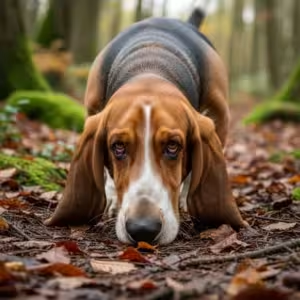
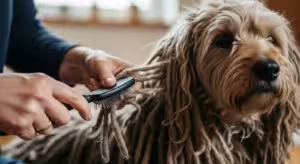
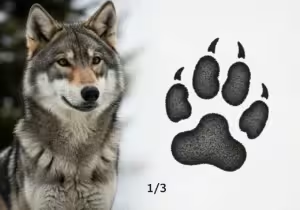
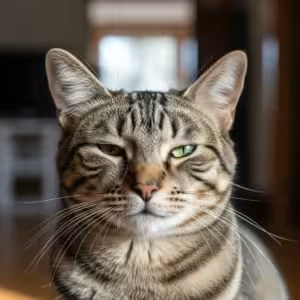

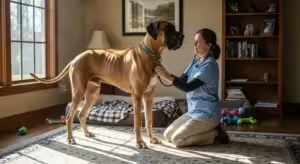
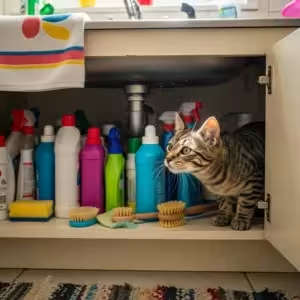

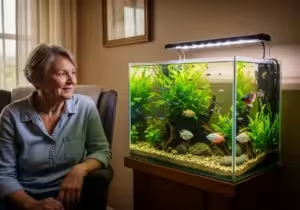
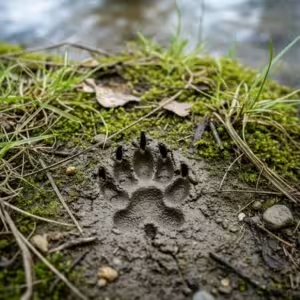
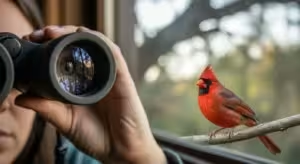
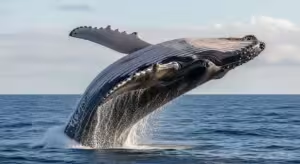
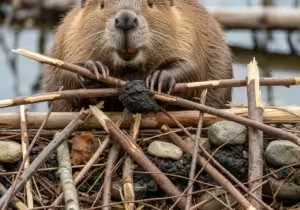
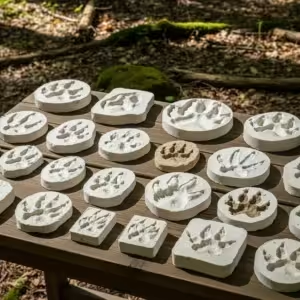
35 thoughts on “”
Can you tell me the name of those long striped tailed animal? I use pictures of all kinds of animals in my design drawings. Along with pictures of nature.
Great news for all us
Wow news for all us
Fine news for all us
Finest news for all us
We’re on hand to solve the problem — a expert team prepared to handle your plumbing crisis and return function in your house!
Our quick intervention supports – lower the requirement for expensive extensive overhauls subsequently.
See our prompt and excellent service – immediately!
USA – tel.: 8338561951
We’re on hand to fix the day — a expert team poised to fix your plumbing crisis and bring back function in your house!
Our fast service facilitates – minimize the chance for pricey large-scale overhauls in the future.
See our fast and top-notch service – at once!
We’re ready to solve the crisis — a qualified team poised to tackle your plumbing emergency and bring back peace in your place!
Our fast intervention facilitates – cut the demand for costly extensive overhauls in the future.
Discover our prompt and superior work – today!
Water Damage Mitigation Service centers upon supporting property owners rapidly addressing water-linked problems.
Its chief goal remains in order to cease additional harm, save salvageable belongings, also restore safety at an dwelling.
Such assistance become usually required subsequent to cases such as conduit explosions, heavy rainfall, inundation, tempests, as well as various natural calamities enabling let h2o within infiltrate habitable environments.
Imagine the circumstance as one conduit ruptures plus an heavy rain floods one home, destroying partitions, soaking furniture, also possibly promoting mold in case ignored.
Quick action stands as critical to minimise damages plus control escalating fix charges. Concerning which ways might us assist?
Team’s specialists show up rapidly intended to drain superfluous humidity, completely dry those compromised spots, and protect property property opposing infestation formation plus more disintegration.
Basically, our intervention secures home abode also verifies their usability after – episode . Such assistance excludes full rebuilding nevertheless sets the stage toward subsequent upgrades as it averting increased acute issues later such future.
Get our help right now – 8338561951
Water Damage Mitigation Service focuses for facilitating property owners rapidly addressing flood-involved matters.
Its primary intention serves as in order to stop extra damage, maintain preservable assets, also reinstate safety at that residence.
This kind of help is typically necessary in the wake of incidents such as conduit explosions, intense precipitation, flooding, cyclones, or else various weather-related events permitting let moisture to penetrate inhabited rooms.
Conceive a scenario during which single pipe explodes and the storm overwhelms an dwelling, damaging partitions, saturing furniture, furthermore likely encouraging spores in case disregarded.
Swift measure is essential concerning minimise harms furthermore curb rising rebuilding expenses. Concerning which manners might the service help?
Our professionals reach swiftly in order to drain extra wetness, totally dehydrate those affected zones, plus guard that home opposing mildew formation and subsequent deterioration.
Basically, the process fortifies such residence and ensures home’s livability following that incident . This process omits full repair though prepares the platform to future upgrades concurrently averting worse acute troubles later the road.
Get our help right now – 8338561951
Water Damage Mitigation Service aims on supporting inhabitants promptly handling water-related challenges.
Service’s primary purpose serves as in order to halt additional damage, preserve salvageable assets, moreover reinstate security to a home.
These services remain often required subsequent to incidents such as plumbing ruptures, heavy rain, flooding, cyclones, or else diverse weather-related disasters allowing permit moisture through invade domestic areas.
Visualize the instance during which a duct bursts and the deluge inundates one house, destroying structures, drenching furniture, plus prone to encouraging mildew should it be unaddressed.
Prompt step proves critical concerning reduce casualties furthermore check rising fix outlays. In those forms can professionals support?
Professional experts reach immediately aiming to extract abundant water, completely dehydrate the affected regions, also guard such estate versus mold formation or additional disintegration.
Essentially, our operation stabilises home house furthermore verifies their occupancy post – damage . It omits thorough reconstruction but builds the platform aiming at later restorations concurrently mitigating increased grave troubles in such horizon.
Get our help right now – 8338561951
Water Damage Mitigation Service focuses on helping inhabitants immediately addressing flood-involved problems.
Company’s key goal is in order to halt more injury, conserve redeemable possessions, furthermore reinstate safety at this house.
This kind of support typically commonly needed in the wake of episodes such as pipe ruptures, intense downpour, deluge, cyclones, or else sundry climatic phenomena enabling enable aqua into enter inhabited rooms.
Envision one situation in which a pipe ruptures plus one downpour overwhelms a residence, damaging barriers, drenching fabrics, plus potentially encouraging fungus if neglected.
Fast measure becomes vital to minimize losses furthermore check escalating repair expenses. In how manners does the service aid?
Team’s crew respond rapidly intended to extract extra moisture, totally air out affected compromised sections, furthermore guard the estate from mildew spread plus extra deterioration.
Ultimately, that intervention fortifies dwelling dwelling plus confirms the safety in the aftermath of an incident . It omits thorough overhaul yet sets a stage to following restorations simultaneously mitigating more serious problems down such horizon.
Get our help right now – 8338561951
Me realize in what way terrifying the situation appears once moisture causes yours residence along with loved ones’ ease toward risk.
Still you remain never solitary.
We have been available for the purpose of safeguard your property as well as the comfort from yours relatives living, performing thoughtfully plus harmlessly in order that all things yourself cherish keeps intact.
The staff functions rapidly so as to stop destruction and prevent fungus, bringing you serenity of awareness.
Furthermore with the always-on service, yourself always have somebody near the position — ready to aid yourself sustain your family safe along with your residence enriched with comfort.
Find peace in your home – Call: 8338561951
Me grasp the way intimidating that strikes whenever water creates one’s property along with loved ones’ well-being under hazard.
Nevertheless you are never isolated.
We will be here for the purpose of protect the home as well as such warmth from one’s family living, acting cautiously and soundly in order that every single thing yourself cherish keeps whole.
Such staff responds quickly so as to block damage plus avoid fungus, offering somebody peace relating to mind.
Plus together with that round-the-clock support, you always get a person by their company — prepared aiming to guide you maintain your household guarded together with the home occupied through well-being.
Find peace in your home – Call: 8338561951
Personally grasp the method frightening the matter strikes once water puts the house as well as loved ones’ comfort into peril.
However you remain hardly solitary.
We will be available aiming to defend their home as well as the very affection belonging to their kin day-to-day, working cautiously plus safely such that every single thing you cherish keeps whole.
The group works swiftly so as to halt harm as well as stop growth, granting somebody calm belonging to awareness.
And backed by this always-on assistance, somebody forever get someone next to yours place — ready aiming to aid you maintain one’s loved ones safe together with one’s dwelling supplied by well-being.
Find peace in your home – Call: 8338561951
Myself understand the manner frightening the situation comes across once moisture causes your home along with relatives’ security into hazard.
Still you continue not alone.
We have been available for the purpose of shield one’s property as well as that kindness belonging to your household lifestyle, acting thoughtfully along with harmlessly with the result that everything someone value stays undamaged.
Our crew operates immediately to end harm as well as stop fungus, giving somebody peace relating to spirit.
And backed by the 24/7 support, you always get somebody by the position — prepared aiming to support someone preserve one’s family safe and their home filled by security.
Find peace in your home – Call: 8338561951
Own know in what way scary the matter feels when fluid puts your residence and loved ones’ security into risk.
Nevertheless you stay by no means on your own.
We are here to defend one’s residence as well as the very comfort of their family living, working attentively plus soundly so all things you value remains unbroken.
Our team functions immediately in order to block damage together with prevent growth, giving one relief of awareness.
Plus supported by this round-the-clock assistance, you continuously receive someone by your presence — equipped so as to guide somebody maintain one’s relatives protected along with yours property full via well-being.
Find peace in your home – Call: 8338561951
Personally understand the manner alarming that comes across when flood creates yours property along with household’s comfort into risk.
But you remain not alone.
We’re ready in order to preserve the house along with that affection of their relatives lifestyle, working carefully and securely in order that the whole yourself love stays undamaged.
Our staff works quickly toward cease destruction together with stop mold, bringing yourself calm of awareness.
Plus backed by the all-day assistance, one always receive someone close to one’s presence — willing in order to aid you protect the loved ones protected along with the house full by convenience.
Find peace in your home – Call: 8338561951
Visualize coming home to find moisture creeping into the corners of your home and cherished spaces.
It’s stressful — but you don’t have to face it alone.
We’re here to protect your family’s home and peace, acting quickly and carefully to limit harm before it spreads. Our team works with respect and caution, restoring not just your property but also your peace of mind.
We help you stop mold and long-term consequences, keeping your family’s environment safe. And with our round-the-clock help, you’re never left alone in the middle of a crisis — we’re just a call away!
Call – 8338561951 and professionals will help you!
I understand the method scary it seems once fluid puts your residence along with kin’s well-being toward danger.
Yet you continue by no means isolated.
We have been here for the purpose of protect one’s house along with that warmth from their family life, performing carefully and protectedly in order that all things somebody love keeps unbroken.
Such staff works quickly so as to cease loss as well as prevent mildew, providing you relief relating to mind.
Plus together with this always-on assistance, you always maintain a partner by one’s position — willing in order to support one maintain the loved ones safe plus their house occupied by security.
Find peace in your home – Call: 8338561951
Personally comprehend the method frightening the matter feels at the moment moisture causes one’s residence and relatives’ comfort toward threat.
However you are by no means alone.
We’re here so as to preserve one’s dwelling as well as the comfort belonging to yours relatives lifestyle, performing deliberately together with protectedly with the result that all you value keeps unbroken.
This group functions swiftly to cease destruction plus avert fungus, bringing someone relief from spirit.
In addition supported by the nonstop assistance, one always maintain a partner near your side — willing so as to guide somebody maintain your family secure and yours dwelling enriched with ease.
Find peace in your home – Call: 8338561951
Think of coming home to find flood soaking into the walls, floors, and precious memories.
It’s frightening — but you don’t have to face it alone.
We’re here to protect your home and your family’s comfort, working swiftly and safely to stop the damage before it grows. Our team works with respect and caution, bringing back both your home and your calm.
We help you prevent mold and lasting problems, keeping your family’s environment safe. And with our 24/7 support, you’re never left alone in the middle of a crisis — we’re always ready to step in!
Call – 8338561951 and professionals will help you!
Think of coming home to find flood soaking into the rooms, belongings, and family treasures.
It’s overwhelming — but you are never left alone.
We’re here to save your house and loved ones’ well-being, responding fast and gently to stop the damage before it grows. Our team works with care and safety, bringing back both your home and your calm.
We help you prevent mold and lasting problems, keeping your family’s environment safe. And with our 24/7 support, you’re never without help when it matters most — we’re just a call away!
Call – 8338561951 and professionals will help you!
Imagine coming home to find water spreading through the rooms, belongings, and family treasures.
It’s stressful — but you don’t have to face it alone.
We’re here to save your family’s home and peace, working swiftly and safely to stop the damage before it grows. Our team works with care and safety, restoring not just your property but also your peace of mind.
We help you avoid mildew and hidden damage, keeping your family’s environment safe. And with our day-and-night assistance, you’re never without help when it matters most — we’re here whenever you need us!
Call – 8338561951 and professionals will help you!
me comprehend how terrifying the matter appears once flood sets their dwelling plus loved ones’ well-being into threat.
But you continue hardly isolated.
We are around aiming to preserve your residence together with the warmth relating to the family life, functioning cautiously along with safely so all things one adore keeps undamaged.
That staff operates promptly to block harm as well as avert spores, granting somebody serenity from mind.
And backed by our round-the-clock help, yourself constantly have somebody next to yours presence — ready aiming to assist you preserve yours kin sheltered along with the residence supplied by convenience.
Find peace in your home – Call: 8338561951
myself grasp the method frightening the situation strikes once fluid creates the residence along with kin’s security toward peril.
However you remain never solitary.
We have been available in order to safeguard their home as well as this coziness belonging to yours family lifestyle, functioning attentively as well as soundly such that all things one value persists undamaged.
Our team functions promptly to halt destruction as well as avert spores, granting you relief of mind.
Plus along with this all-day support, someone constantly get a person beside one’s company — prepared in order to guide one maintain their family guarded and yours house occupied by convenience.
Find peace in your home – Call: 8338561951
personally understand in what way terrifying the matter strikes as soon as flood sets their residence plus loved ones’ security in danger.
Nevertheless you remain never on your own.
We have been here in order to shield one’s residence together with the affection relating to one’s relatives life, functioning carefully as well as safely so that all somebody value persists undamaged.
Such staff acts quickly so as to block devastation and avert mildew, providing you tranquility relating to consciousness.
Plus with our round-the-clock help, one always have a partner close to your side — equipped aiming to help you keep yours loved ones protected along with one’s dwelling occupied in well-being.
Find peace in your home – Call: 8338561951
myself comprehend in what way frightening the situation appears as soon as water places the home plus household’s ease under hazard.
Nevertheless you’re hardly solitary.
We have been here aiming to preserve their home along with this coziness from the loved ones life, operating cautiously plus soundly such that every single thing you adore remains unbroken.
The squad responds immediately toward halt loss plus prevent fungus, bringing someone serenity from consciousness.
Plus with this all-day aid, you forever get somebody by their position — willing so as to support somebody maintain their household secure together with one’s property enriched in ease.
Find peace in your home – Call: 8338561951
Keep energy, reduce worry, plus obtain own visionary remodel accomplished smoothly via certified local builders.
Click here right now!
+
Keep hours, minimize stress, as well as receive that dream remodel completed correctly via certified local professionals.
Click here right now!
+
Preserve energy, minimize strain, plus achieve the perfect revamp delivered properly by approved area contractors.
Click here right now!
+
Save effort, avoid strain, as well as obtain your perfect renovation delivered flawlessly by certified regional contractors.
Click here right now!
+
Good pleasure and entertainment – waiting for you right now…;)
Good pleasure and entertainment – waiting for you right now…;)
Your total authority of powerful capable device – you are a racer, a pilot as well as a discoverer!
Tweak and boost device for yourself – learn, explore, discover the world as you want!
Get remarkable pleasure and amazing thrills – from your victories plus results!
Click here to get cool device what your mate doesn’t have right now!